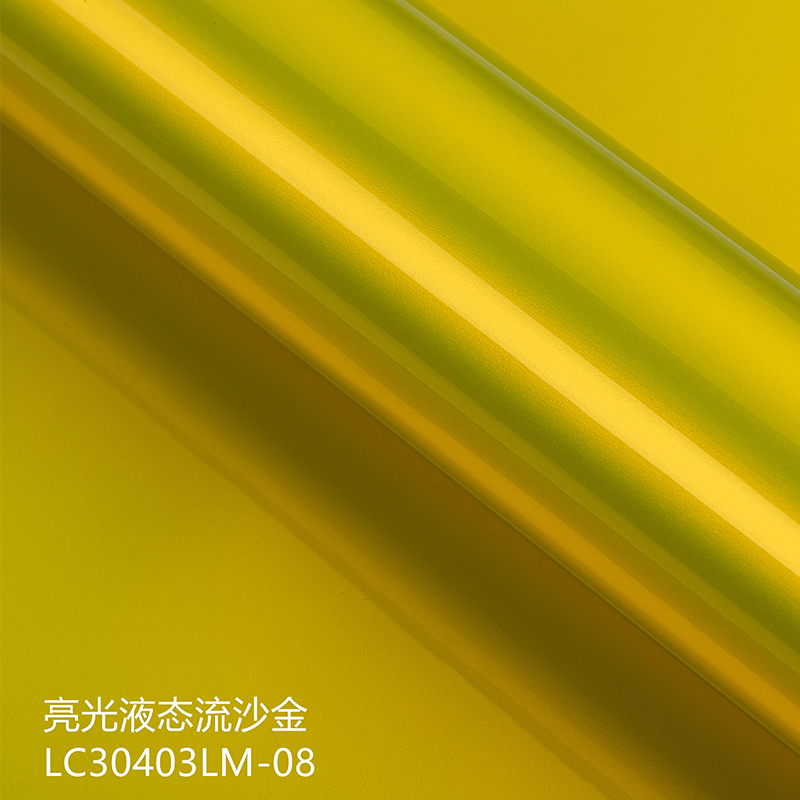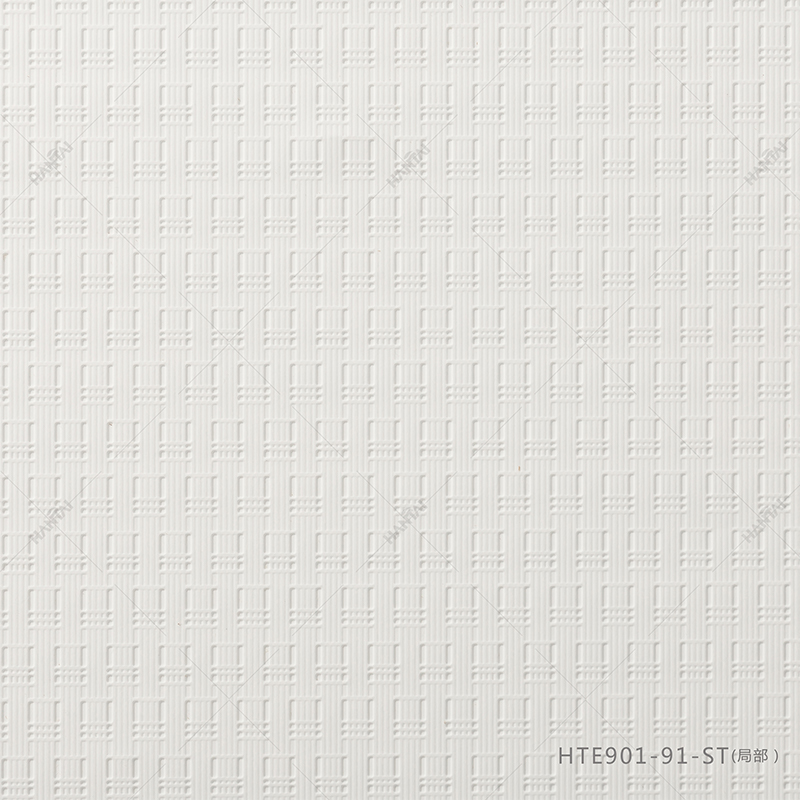In the automotive world, car wraps have surged in popularity as a customizable option for altering a vehicle's aesthetic. This technique involves enveloping the car in a protective vinyl layer, which can be a solid color or a unique graphic design. Given this trend, a pressing question among vehicle enthusiasts and potential sellers is: does wrapping a car increase its value, or could it potentially decrease it? This article explores whether wrapping a car can enhance or devalue it and provides insights into the factors that might influence its impact on the vehicle's market value.
What Are The Benefits Of Car Wrapping?
Car wrapping involves applying a vinyl coating to the surface of a vehicle, allowing for customization with various colors, patterns, or even advertising graphics. This practice offers several benefits:
Cost-Effective Customization: Car owners can alter the appearance of their vehicles without the high cost and permanence of a new paint job.
Protection: The vinyl film shields the original paint from UV rays, minor scratches, and fading, thereby preserving the car's factory finish.
Advertising: Businesses can use car wraps as mobile billboards, enhancing brand visibility and marketing opportunities.
Reversibility: Unlike paint, wraps can be removed, allowing car owners to revert to the original color or design.
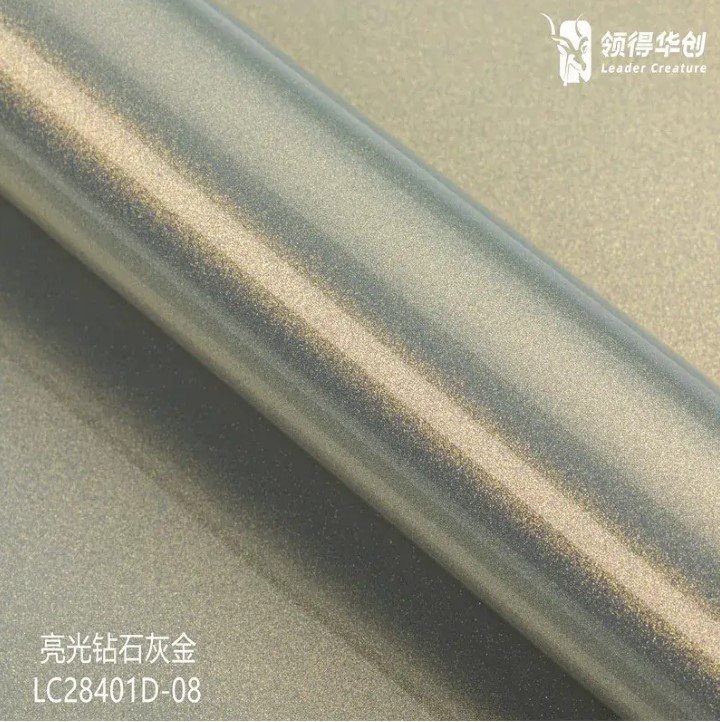
Does Wrapping a Car Increase Its Value?
While many consider the potential downsides of wrapping a car, it's important to note that under certain circumstances, a car wrap can actually increase a vehicle's value. For instance, a well-executed wrap that aligns with current automotive trends or enhances the vehicle’s aesthetics can make it more attractive to potential buyers. Additionally, a wrap that has been maintained in pristine condition and complements the original paint can be seen as an added protective layer, preserving the car’s factory finish. For car owners looking to sell, investing in a high-quality wrap can be a strategic move, particularly if the wrap adds a desirable and modern touch to the vehicle.
Does Wrapping A Car Lower Its Value?
The impact of car wrapping on a vehicle's resale value is a common concern among car owners. Some worry it might lower the car's value or appeal to future buyers. However, wrapping a car can either preserve or even boost its value when executed correctly with high-quality materials and professional installation. The key lies in the wrap quality and the installer's expertise. A poorly applied wrap might devalue the vehicle by causing defects or damage to the original paint, while a professionally done wrap can protect the paint and enhance the car's overall marketability. Additionally, the choice of color, style, and current trends in car wrapping can significantly influence whether wrapping a car increases or decreases its value.
Factors Influencing The Value Of A Wrapped Car
Several factors come into play when assessing the value of a wrapped car. The condition of the underlying paint is crucial, as any pre-existing damage or poor paint quality could impact the desirability of the vehicle. The expertise of the installer is also significant, as a professional will ensure a high-quality wrap that preserves the car's aesthetics. Furthermore, the popularity of car wrapping trends and market desire for personalized automobiles might influence the value.
Maintenance and care for a wrapped car are crucial to ensure its longevity and preserve its appearance. Here are some important tips:
Regular Cleaning: Regularly washing your wrapped car is essential to remove dirt, dust, and other debris that can accumulate on the surface. Use a moderate detergent or soap developed exclusively for car coverings. Harsh chemicals and abrasive cleaning agents should be avoided as they might harm the vinyl film.
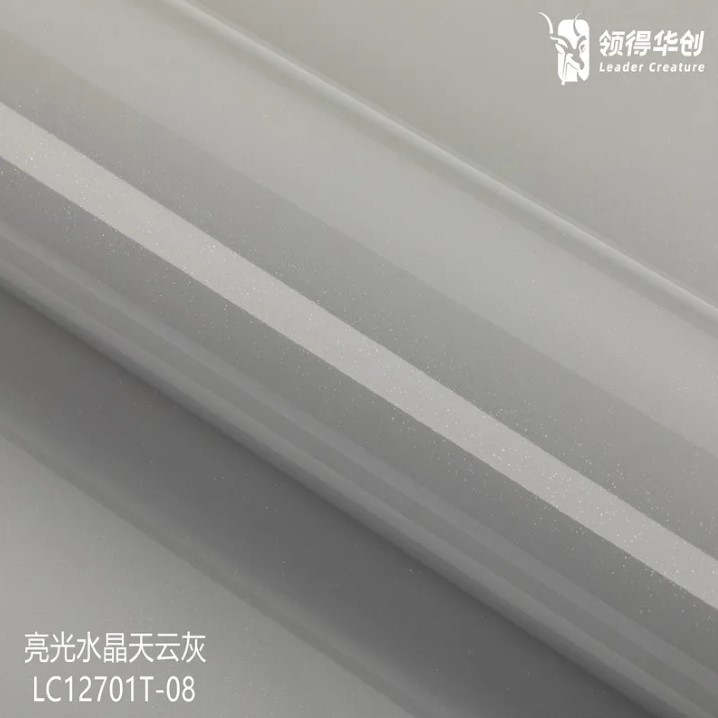
Avoid High Pressure: When using a hose to rinse your wrapped car, avoid using high-pressure settings as it can cause the vinyl to lift or peel. Use a gentle stream of water to rinse off the soap or detergent.
Drying: After washing your wrapped car, dry it thoroughly using a soft, clean microfiber cloth. Avoid air drying or leaving the car in direct sunlight as it can leave water spots on the wrap.
Protect from Sun and Heat: Prolonged exposure to direct sunlight and high temperatures can negatively impact the wrap. To protect your wrapped car from UV radiation, park it in shady regions whenever feasible or use a car cover. This will assist to keep the vinyl film from fading or discoloring.
Inspect Regularly: Take the time to inspect your wrapped car regularly for any signs of damage, peeling, or lifting edges. Address any issues promptly to prevent further damage and ensure the longevity of the wrap. If you discover any damage and are unsure how to manage it, get advice from a professional wrap installer.
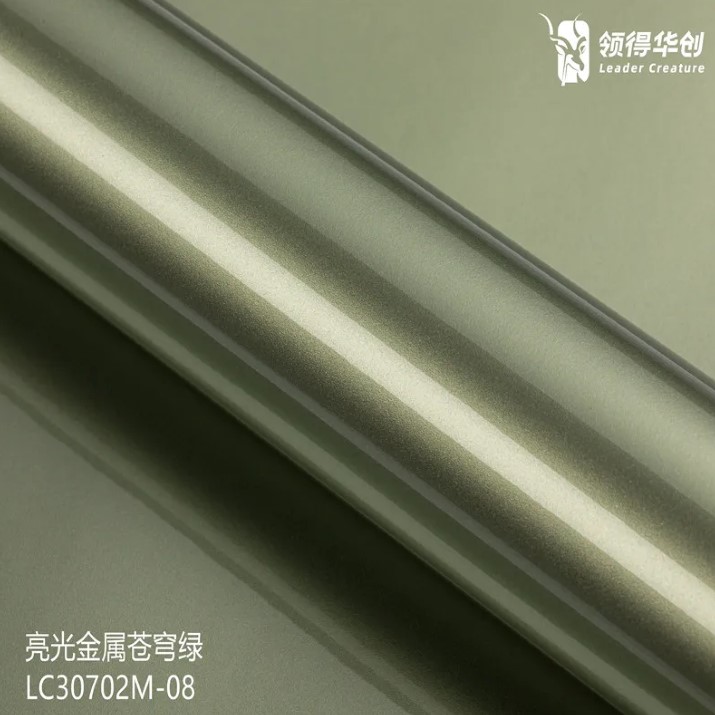
Conclusion
The impact of car wrapping on a vehicle's resale value is multifaceted. A high-quality, professionally applied wrap can either safeguard the original paintwork and enhance the vehicle's market appeal or potentially decrease its value if not done correctly. Factors such as the wrap's quality, the installer's expertise, and current market trends all play a significant role in determining whether wrapping a car will increase or decrease its value. For those considering a wrap, selecting a reputable supplier is crucial. HANTAI is a leading vehicle wrap film supplier in China, offering a variety of unique vehicle wrap films designed to enhance and protect your vehicle. Visit www.hantai.com to explore our offerings and discover how a wrap can make a difference.


